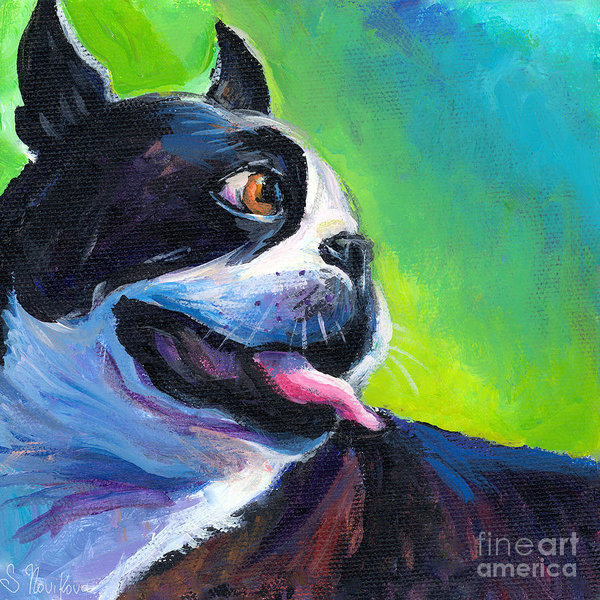
Boston Terriers have had several nicknames, among them the “American Gentleman,” Boston Bull Terriers, Boston Bulls, Boxwoods, and Roundheads. In 1889, the moniker, “Boston Bull Terrier,” raised some hackles because there already was a breed by that name, and it wasn’t the Boston Terrier we know today. Eventually, the American Bull Terrier Club changed its name to the Boston Terrier Club of America, and what once were “round heads” were now called Boston terriers.
We wonder what the gents from the 19th century who favored the name, “roundhead,” would have made of a University of Sydney study that found that head shape can predict variations in temperament. Results of the massive study involving 67,368 dogs from 45 different breeds over a period of eight years at 235 testing areas in Sweden found that brachycephalic dogs seem more engaged with their owners and have a higher interest in human-directed play. These same breeds were more defensive when faced with a difficult to interpret situation. Dolichocephalic dogs, on the other hand, were less likely to participate in object play, especially with people they didn’t know. These long-faced dogs, meanwhile, weren’t as easily startled and recovered more quickly when an unexpected event occurred.
There’s a technical way to determine a dog’s head shape which involves computing its “Cephalic Index.” To calculate the cephalic index, one has to measure the dog’s skull at its widest point, then multiply that by 100, and divide the result by the maximum length of the skull. More information and instruction can be found here, while the results of the University study can be seen here.
“Playful Boston Terrier” by Svetlana Novikova
www.svetlananovikova.com
www.Facebook.com/SvetlanaNovikovaArt
www.Youtube.com/SvetlanaNovikovaArt

One thought on “The Roundhead”